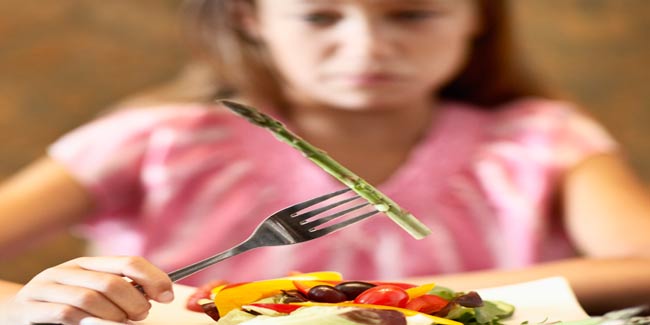
Peptic ulcers are sores or break in the lining of stomach or duodenum. Ulcers develop when the protective mucosal layer of the gastrointestinal tract is broken down, and the acid present in digestive juices begins to damage the underlying tissue.
 Peptic ulcers cause episodes of abdominal pain, which might reoccur frequently or after long periods of time. Some people also feel the pain radiating to their back. When the acid in stomach comes in contact with the ulcer, it causes a burning sensation. The burning in the stomach might be relieved by food but returns when the stomach empties. Based on the part of the G.I. tract that they are present in, ulcers can be classified as gastric ulcers and duodenal ulcers.
Peptic ulcers cause episodes of abdominal pain, which might reoccur frequently or after long periods of time. Some people also feel the pain radiating to their back. When the acid in stomach comes in contact with the ulcer, it causes a burning sensation. The burning in the stomach might be relieved by food but returns when the stomach empties. Based on the part of the G.I. tract that they are present in, ulcers can be classified as gastric ulcers and duodenal ulcers.
[Read: How to Cure Peptic Ulcer]
The most common causes for peptic ulcers are:
- presence of a bacterium called Helicobacter pylori in the stomach, and
- long term use of NSAIDs (Non Steroidal Anti Inflammatory Drugs)
- stomach cancer or a tumor in pancreas.
Severe stomach ache at night can be an indicator of a duodenal ulcer. Some other common symptoms found in people suffering from peptic ulcers are nausea, indigestion, black tarry stool, blood present in vomit and weight loss. The most common symptom is a burning or gnawing pain in the centre of the abdomen. Sometimes peptic ulcers can be a cause of further complications, such as internal bleeding due to damage to an artery, perforations in the stomach or intestines. Symptoms like sharp abdominal pain, blood in vomiting and dizziness or shock need prompt medical investigation.
Peptic ulcers are more common in people suffering from problems like osteoarthritis, where they frequently take pain medication. Peptic ulcer is no longer a condition that most people have to live with their entire lives. It can be treated easily, by getting rid of the symptoms as well as the problem.
[Read: What is Peptic Ulcer]
Ulcers need proper treatment to be healed completely and cannot be treated by changes in diet; however certain diet changes help with the symptoms and pain caused sue to ulcers.
- The patient should avoid eating large meals, as it results in excessive amounts of acid secretion. Smaller and more frequent meals should be taken.
- Fatty, sugary and low fiber foods should be avoided.
- Spicy food, as generally believed to be, is not a cause of ulcers, but these can aggravate the symptoms and hence should be avoided or consumed sparingly.
- Having caffeine and alcohol also can cause problems to anyone suffering from ulcers, as it causes acidity and can contribute to the development of ulcers or worsen the existing ones.
- Reducing sodium intake may also help people, who are suffering from peptic ulcers. Food items which are high in sodium, such as salted nuts, salted meat, cornflakes etc should be avoided.
- Drinking milk only helps alleviate the symptoms for a while, but only stimulates further production of acid in stomach; therefore it can be added to your diet.
- Restrict or avoid those foods that may cause irritation to the digestive system making you feel uncomfortable.
The best diet for peptic ulcers is therefore a balanced diet, which is rich in fiber, such as fruits and vegetables. Eat 5 to 6 small meals a day instead of 3 larger meals, as it will be more comfortable and easier on the stomach than two or three large meals a day. Also make sure to avoid overeating. Coffee, tea, cola drinks, chocolate, and other foods containing caffeine are such foods that can also increase the amount of acid produced by the stomach. Decaffeinated coffee produces the same amount of stomach acid as caffeinated coffee, so it is good to stay away even from decaffeinated coffee as well.
Read more articles on Peptic Ulcer.
Read Next
How to Cure Peptic Ulcer
How we keep this article up to date:
We work with experts and keep a close eye on the latest in health and wellness. Whenever there is a new research or helpful information, we update our articles with accurate and useful advice.
Current Version